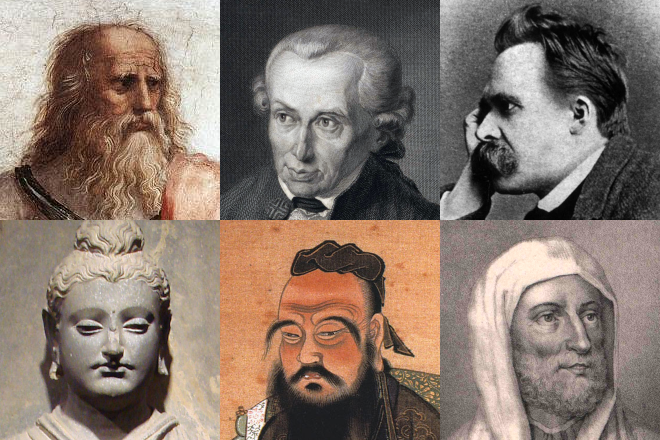Philosophy 101
- Introduction to Philosophy
- Ancient Greek Philosophy
- Renaissance and Enlightenment Philosophy
- Modern Philosophy
- American Philosophy
- Existentialism and Phenomenology
- Analytic Philosophy
- Contemporary and Postmodern Philosophy
- Eastern Philosophy
- Philosophy of Religion
- Philosophy of Science
Analytic Philosophy
Metaphysics and Epistemology in Analytic Philosophy

Style of philosophy.
Analytic philosophy, a 20th-century movement dominant primarily in the English-speaking world, emphasizes the use of logical analysis and language clarification as a method of philosophical inquiry. Two of the most significant areas of study within this school of thought are metaphysics and epistemology.
Introduction to Metaphysics and Epistemology in Analytic Philosophy
Metaphysics and epistemology are two fundamental branches of philosophy. Metaphysics is concerned with the nature of reality, exploring concepts such as existence, causality, and the nature of objects and their properties. Epistemology, on the other hand, is the study of knowledge and belief, focusing on the nature and scope of knowledge, the distinction between knowledge and belief, and the process of acquiring knowledge.
Key Concepts: Truth, Knowledge, Belief, Justification
In the realm of analytic philosophy, truth, knowledge, belief, and justification are central concepts.
-
Truth: Analytic philosophers often discuss truth in terms of correspondence, coherence, and pragmatism. The correspondence theory of truth posits that a statement is true if it corresponds to a fact or reality. The coherence theory of truth, on the other hand, suggests that the truth of a statement is determined by its coherence with a set of other propositions. The pragmatic theory of truth argues that a proposition is true if it is useful or works pragmatically.
-
Knowledge: Knowledge is typically defined as justified true belief in analytic philosophy. This definition suggests that for a belief to be considered knowledge, it must be true and the individual must have justification for holding that belief.
-
Belief: Belief is a mental state that represents an attitude or orientation towards the truth or falsity of a proposition. Beliefs are subjective and personal, and they do not necessarily have to correspond with reality.
-
Justification: Justification refers to the process or reasons that make a belief or proposition likely to be true. It is a key component in distinguishing between mere belief and knowledge.
Theories: Correspondence Theory of Truth, Coherence Theory of Truth, Pragmatic Theory of Truth
Analytic philosophy has given rise to several theories of truth, including the correspondence, coherence, and pragmatic theories.
-
Correspondence Theory of Truth: This theory posits that truth is a correspondence or relation between beliefs or statements on the one hand, and things or facts on the other.
-
Coherence Theory of Truth: This theory suggests that the truth of any statement consists in its coherence with some specified set of sentences, propositions, or beliefs.
-
Pragmatic Theory of Truth: This theory argues that a proposition is true if it is useful, if it solves problems, and if it "works" in a practical sense.
Philosophers: Bertrand Russell, G.E. Moore, Ludwig Wittgenstein
Several philosophers have made significant contributions to the development of metaphysics and epistemology within analytic philosophy.
-
Bertrand Russell: Russell was a British philosopher and logician who made significant contributions to the philosophy of language, metaphysics, and epistemology. He is known for his work on the theory of descriptions and his defense of logical atomism.
-
G.E. Moore: Moore was a British philosopher who is best known for his defense of common sense and ethical non-naturalism. His work in epistemology and metaphysics, particularly his emphasis on the analysis of language, was influential in the development of analytic philosophy.
-
Ludwig Wittgenstein: Wittgenstein was an Austrian-British philosopher who worked primarily in logic, the philosophy of mind, the philosophy of language, and epistemology. His later work, particularly his concept of language games and his emphasis on ordinary language, has been influential in analytic philosophy.
In conclusion, metaphysics and epistemology are two crucial areas of study within analytic philosophy. By examining key concepts such as truth, knowledge, belief, and justification, and exploring various theories of truth, we can gain a deeper understanding of the nature of reality and the process of acquiring knowledge.